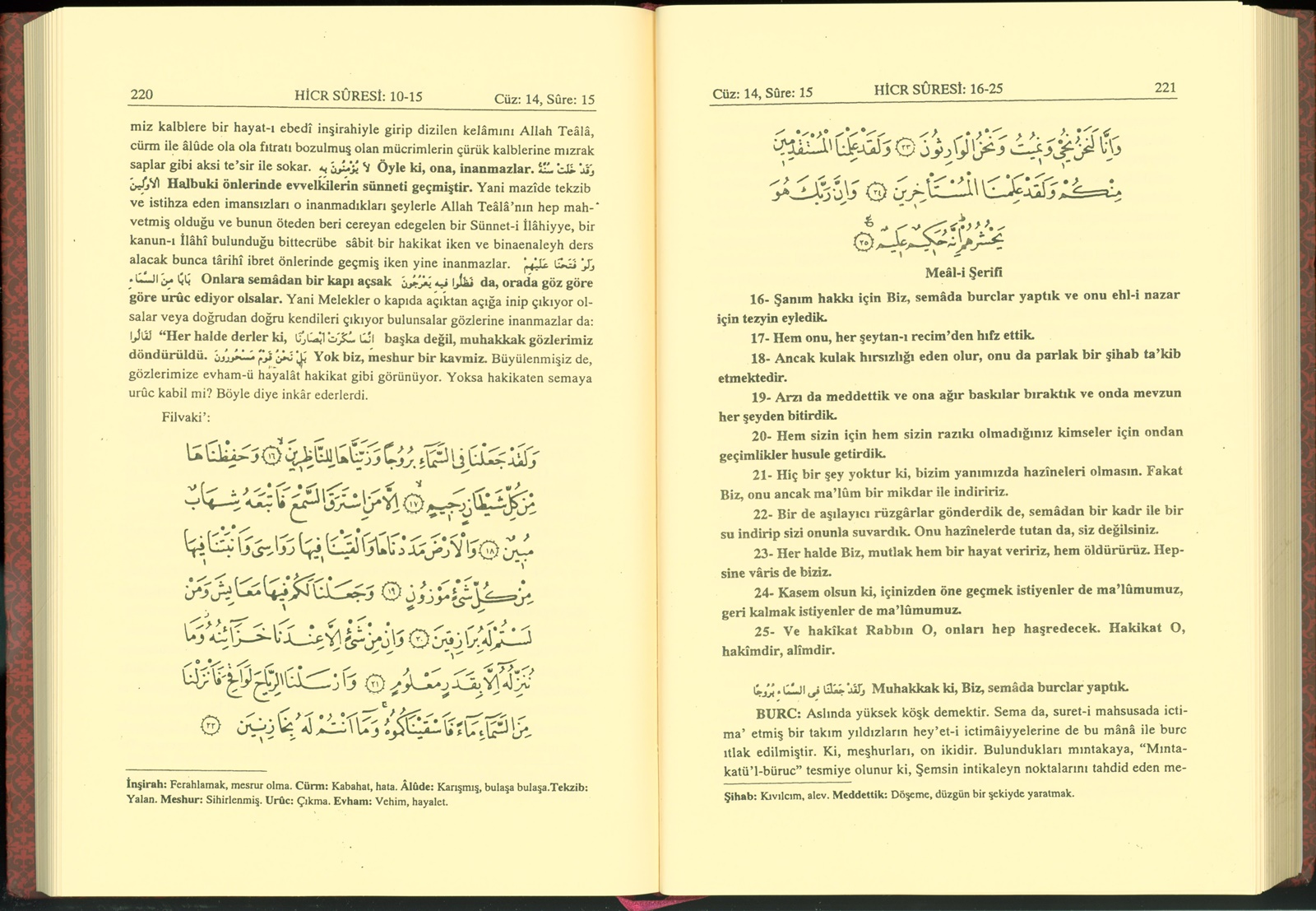

He became a member of the senate of the Ottoman Parliament for Antalya. Yazir wrote the symbolic fatwa for the termination of the reign of Abdul Hamid II. When he was working in service of Sheikh ul-Islam, Committee of Union and Progress prepared a coup against the Sultan Abdul Hamid II. After a while he became the president of the council. He also served in the Darü'l-Hikmeti'l-İslâmiye (high council of consultation working for Sheikh ul-Islam). He gave "judgement of estates in mortmain" courses in Mekteb-i Mülkiye, logic courses in Süleymaniye Madrasah and fiqh (Islamic jurisprudence) in Medreset-ul-Vaizin (madrasah of preachers). Then, he get in the service of Sheikh ul-Islam and started lecturing in Mekteb-i Mülkiye, Medreset-ul-Vaizin and Süleymaniye Madrasah.
ELMALI HAMDI KURAN TEFSIRI FULL
He worked as a full time academic in Bayezid Madrasah from 1905 to 1908. Muhammed Hamdi Yazır became a Qadi (judge) via competed his education in Mekteb-i Nuvvab. He translated some French books to Turkish. His was as fluent in French as in Arabic. He learned Arabic, Persian, and French during his education. He also received Islamic calligraphy courses from Sami Efendi and Bakkal Arif Efendi. Then he competed posterrior education in Mekteb-i Nuvvab and became a Qadi (judge).

He completed his university education in Bayezid Madrasah. EducationĪfter completing primary and secondary education in Elmalı, for studying Islam sciences, in 1885, Yazır went to İstanbul which was the capital city of Ottoman Empire at that time. Yazır's mother Fatma Hanım was the daughter of Esad Efendi, who was a scholar of Islam living in Elmalı. Hoca Numan Efendi worked as a head clerk of lawsuit of the district.

Hoca Numan Efendi -father of Yazir- went to Elmalı district of Antalya for education when he was a child and settled there. He is from Yazir sub-brunch of Oghuz brunch of Turkish nation. His father, Hoca Numan Efendi, who is also a scholar of Islam, was from the Yazır village of Gölhisar district of Burdur province, then in the Ottoman Empire, and now in Turkey. Elmalılı means "from Elmalı" or "born in Elmalı" in Turkish. He is nicknamed after his birthplace: Elmalılı. He was born in 1878, in Elmalı district of Antalya province, then in the Ottoman Empire, and now in Turkey.


 0 kommentar(er)
0 kommentar(er)
